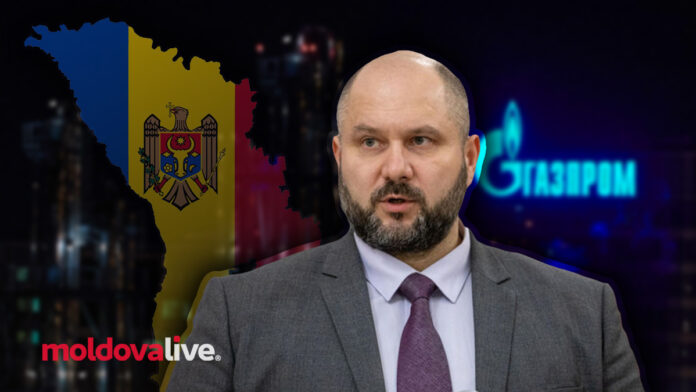Energy Minister Victor Parlicov, interim Moldovagaz president Vadim Ceban, and Chisinau-appointed president Dorin Junghietu will travel to St. Petersburg on Sunday. The delegation will meet with representatives of Russian Gazprom on Monday. IPN reports that the head of Parlicov’s cabinet, with Moldovagaz board candidates Eduard Calancea and Radu Mandraburca, may also join the talks.
Chisinau’s decision to engage in these discussions has already drawn criticism, with civil society and journalists accusing the pro-European government of contradicting its 2023 claims that Moldova has become “much more independent from Russian gas.” Prime Minister Recean and Minister Parlicov had previously made these statements.
The outcome of this meeting will likely impact the stability of life on the left bank of the Dniester and determine how Moldovans perceive their electricity bills this winter.
FOR THE MOST IMPORTANT NEWS, FOLLOW US ON TWITTER!
The Moldovan delegation’s primary goal is to clarify whether Moscow will continue providing “pro-bono” gas to the Transnistrian region, under what conditions, and by what means. Another key objective is securing Moscow’s approval of Chisinau’s proposed candidates for the Moldovagaz board of directors. For this reason, Parlicov will travel with the board nominees and possibly his cabinet chief, Alexander Morcov, according to IPN sources.
Brussels Aware, Kyiv Skeptical
Europa Libera, citing European sources, reports that Brussels is informed about Chisinau’s energy challenges and its decision to negotiate with Gazprom. However, Ukrainian officials reportedly view the move with skepticism. IPN sources involved in the gas talks suggest the chances of Kyiv allowing Russian gas transit through its territory beyond December 31, 2024, are “below average.”
Chisinau, meanwhile, appears to have a broader plan. In October, the government outlined a strategy for dealing with potential gas shortages in the Transnistrian region. Under this plan, Chisinau would supply the area with gas purchased on the European market and stored with neighboring countries. However, residents of Transnistria would have to pay market prices for this gas.
Parlicov acknowledged the risk that Transnistrians may be unable to afford market rates but expressed hope that European partners would help cover the costs.


